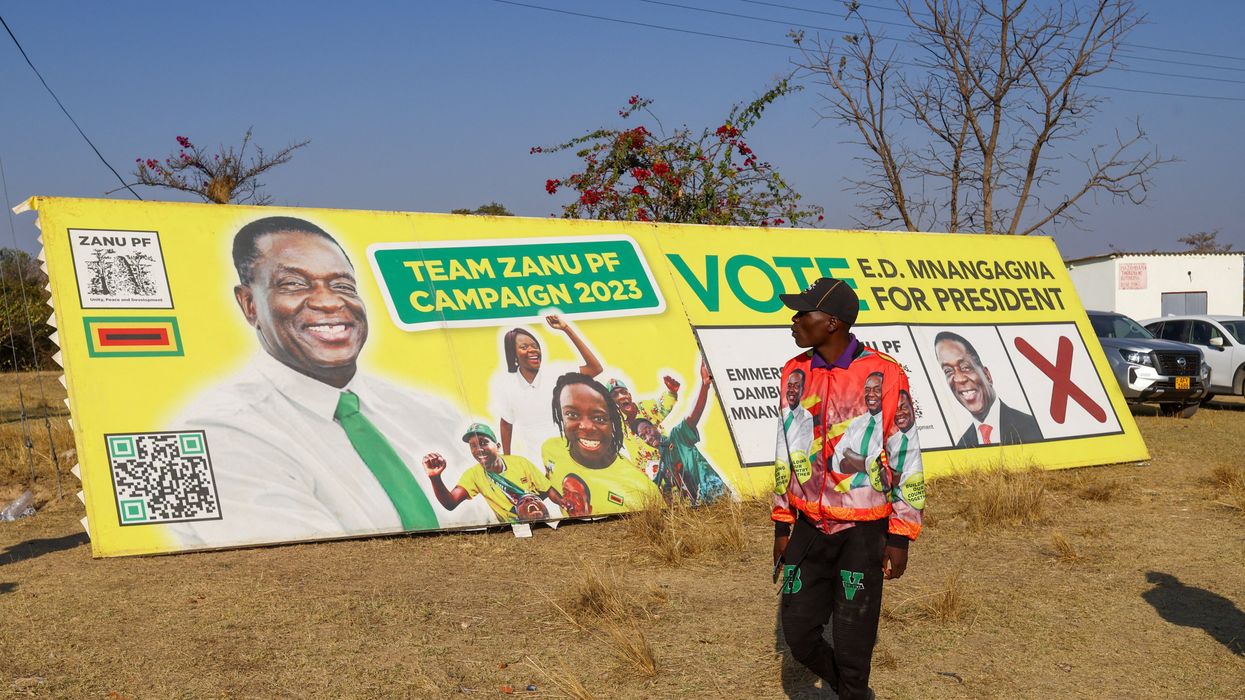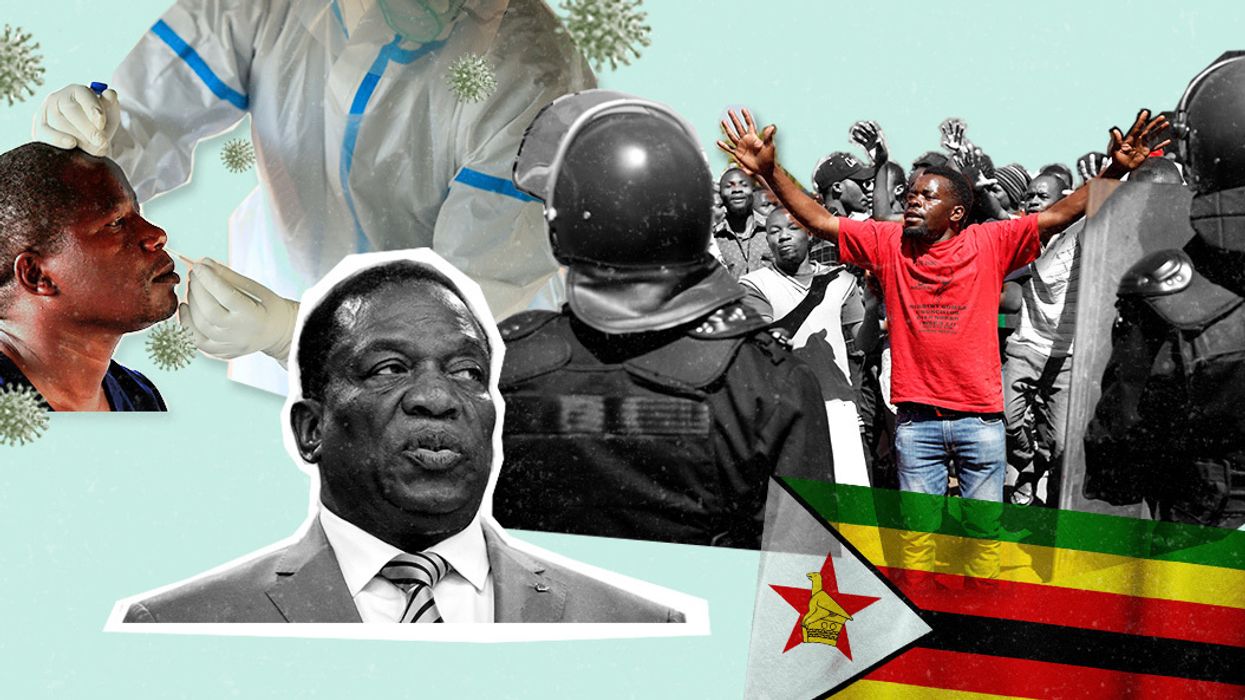News
Zimbabwe vote marred by apathy and disappointment
Zimbabweans are heading to the polls on Wednesday, but few voters are feeling enthusiastic about the direction of their country. It’s only the second time that Zimbabwe is holding a vote in close to five decades, but hopes that the southern African country of 15 million could undergo a democratic rebirth have largely dissipated.
Aug 22, 2023


